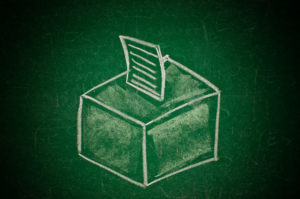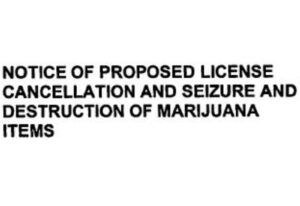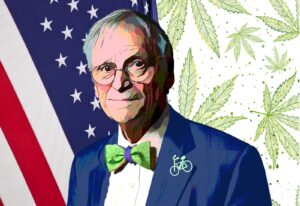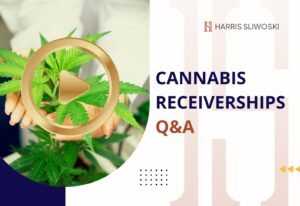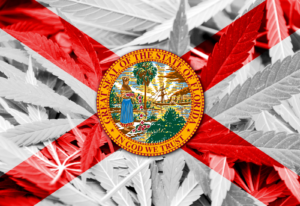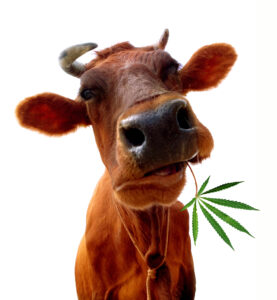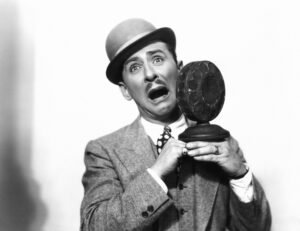
The passage of the 2018 Farm Bill and the legalization of hemp and hemp-derived products has sparked strong business interest from foreign stakeholders. For the past few months, our firm has received numerous inquiries from existing and prospective clients about the legality of importing the agricultural crop and its derived products, particularly hemp-derived CBD (“Hemp-CBD”), to the United States.
This blog posts briefly addresses the risks and feasibility of engaging in this business at the moment.
Importing Hemp
Although the 2018 Farm Bill legalized the commercialization of hemp and its derivatives, the production of the crop has yet to be regulated by the U.S. Department of Agriculture (“USDA”), which is tasked with adopting rules that will serve as a road map for states and Indian tribes wishing to regulate hemp within their borders.
The USDA had anticipated issuing its rules by the end of summer; however, the agency only recently submitted (on September 13) its proposed rules to the White House Office of Budget and Management (“OBM”), which reviews all regulations adopted and implemented by a presidential administration. Until this process is complete, we are left with little guidance on the production of hemp, including its transportation — note that the USDA rules were released today and will be addressed in another blog post.
Back in April, the agency issued a statement in which it expressly legalized the importation of hemp seeds and set forth ways in which the seeds should be imported from Canada and other foreign countries. Then on October 16, the agency quietly updated its guidelines to allow the importation of both hemp seeds and plants in the United States. According to the USDA’s webpage, hemp plants for planting that originate from Canada and other foreign countries may be imported so long as certain requirements are satisfied. Hemp plants from Canada must be accompanied by “a phytosanitary certificate from Canada’s NPPO to verify the origin of the plant and to confirm no plant pests are detected.” Hemp plants from countries other than Canada must also be accompanied by a phytosanitary certificate as well as an application for a Permit to Import Plants or Plant Products, better known as a PPQ 587 permit
These new guidelines align with the position taken by some U.S. courts that foreign hemp may be freely shipped to the U.S. because hemp is now excluded from the Controlled Substances Act (“CSA”)’s definition of marijuana. Yet, in practicality, these court decisions did not eliminate the risk that foreign hemp be seized at the border. This is because hemp is hard to differentiate from marijuana. The crop looks and smells like its psychoactive cousin, which means additional guidelines were desperately needed from the USDA.
Although the agency’s guidelines confirm the importation of hemp plants is lawful, the rules do not mention the need to attach a copy of THC testing results, showing that the plant meets the 0.3% THC limit imposed under federal law. Therefore, it will be interesting to see whether hemp will now freely pass U.S. Customs and Border Protection or if additional regulations, such as testing protocols will be needed.
Importing Hemp-CBD Products
In addition to removing the hemp plant from the CSA, the 2018 Farm Bill legalized hemp concentrates and extracts, including Hemp-CBD. Nevertheless, the new law preserved the authority of the Food and Drug Administration (“FDA”) to regulate Hemp-CBD products, including but not limited to foods and dietary supplements. From the moment hemp and its derivatives were legalized, the FDA took the position that the use of Hemp-CBD in foods, dietary supplements and unapproved drugs is unlawful in the United States because CBD was already approved as an active ingredient in a drug used in the treatment of epilepsy (i.e., Epidiolex).
Given the popular demand of Hemp-CBD products, the federal agency has been pressured by lawmakers and stakeholders to reconsider its position on CBD and forge a pathway towards legalizing their sale and marketing in the United States.
Consequently, until the agency adopts new rules and regulations, the sale of these products will remain unlawful in the United States, even if manufactured and imported from overseas — although the FDA seems on board with the sale and marketing of Hemp-CBD topicals.
For more information on this issue, contact our team of regulatory attorneys.

















